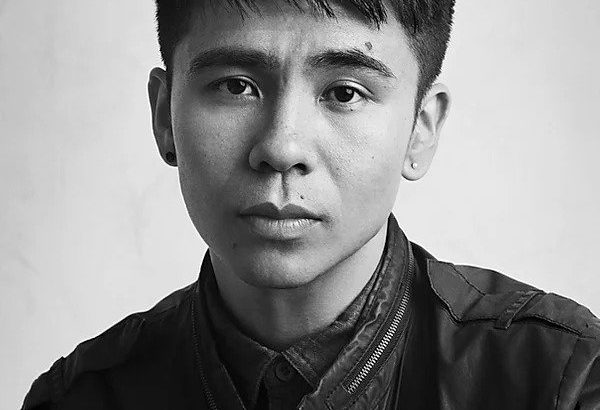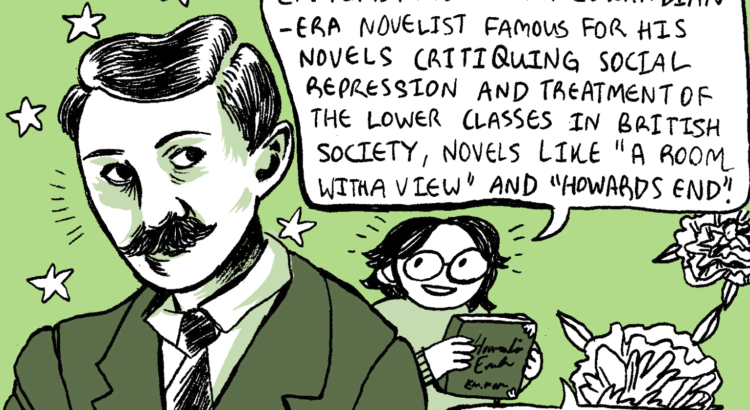So: I’m a hot mess.
Over the past 4 years I’ve been that gay boy who prides himself for wearing the “legalize gay†t-shirt, who loves gay marriage like its creme brulee that people are giving out for free when you’ve run out of money for the week, and I’ve projected myself to mature in a suburban wet dream of picket upon picket fences. HOWEVER, no more. My queerness, thankfully, disrupts these dreadful past faults of mine. I’m wary of all institutions (particularly marriage), I hate the normalization of my sexuality and how its being co-opted into moderate liberal agendas, but I still love creme brulee. That thick, hard, sugary crust of joy on top of the most deliciously creamy and sensuous tasty yum-yum is something I dream about.
Or listen to.Recently released, new music has really made me feel like I become a creme brulee.
Two cd’s, in particular, have really got me moving. I listen to both of them every day: when I wake up, at the gym, on my way to class, on my way home from class, when I study, cook, eat–they are on almost 24/7.
(Shamefully:) Lady Gaga’s Artpop;

and (Pridefully:) M.I.A.’s Matangi.

I admit. Gaga is someone I have grown to hate, to love, to hate again, and (shhhh) love again. I saw one of her earliest mainstream performances on the TV show, “So You Think You Can Dance,†where I was solidly NOT a fan–this was 2008. Her album, The Fame appeared, I resisted. She got more famous, I resisted. And then one moment later I was doing the full choreography from “Bad Romance†at my High School Prom (#dark). When Gaga traps you, you find yourself in an unavoidable love game. Years went by and I fought for Gaga, even through that bullshit song, “Born this Way.†EVEN THROUGH THAT. But then when she (or someone) leaked “Aura†and I found her all over tumblr traipsing around the world in a burqa (for fashion) I almost lit all of my Gaga things on fire. I was offended and outraged and so confused. And then Artpop came out.
There is something so brilliant about this album–it’s so weird. I am and am in the process of becoming more and more eccentric everyday and so this space-sounding, electro heavy, sexual album of glory speaks to my soul. “G.U.Y.” is not only catchy but fucks with gender insofar as she reverses the gender of her and her male partner while affirming certain aspects of her identity: “I (Gaga) wanna be your ‘Guy’/’G. U. Y.’†includes her being both a guy and being a “girl under you†while, at other points of the song, she calls her partner a “G. I. R. L.” Now, there is nothing too exciting about this as a concept but that gender confusion, mistaking, crossing, etc., happening in this song is so refreshing. (Or acts a justification for me to like it, whatever . . . ) Similarly, “Sexxx Dreams†(the current song I wake up to) is talking about Gaga more or less seducing the girlfriend of some guy. I love that Gaga talks about her sexuality and her attraction to women in a sexual way (rather than some oblique reference). “Donatella†makes me want to dance on a table while champagne/sweat/glitter is pouring from a disco ball. Yes.
And then there is M.I.A. I first did not like or understand M.I.A. “Paper Planes†came out in 2007 when I was a sophomore in high school. But as I got older I rediscovered her and heavily listened to her Maya album. M.I.A. fully entered my life (she’s here to stay), again, this past July. A friend offered to drive me, and some friends, to the M.I.A. concert in Royal Oak and I thought, “yeah, should be fun.†When I left the concert I couldn’t because I was a pile of love, feelings, and desire for M.I.A. and her music to never stop.
M. M. M. I. I. A.
When Matangi came out I was instantly hooked. Every song is perfect. “Y.A.L.A.†and the line, “bombs go off when I enter the building,†is what I listen to on repeat when I do interval sprints at the gym. “Double Bubble Trouble†is my everything song. “Bad Girls†and “Bring The Noize†will be my anthems for years to come. Every song pushes the boundary of what music is supposed to do and so I don’t see her music ever going out of “style/fashion.†At least not for me.
But not only is M.I.A. aesthetic perfection embodied. She is spot on with her politics, in my opinion, about life, which can be summed up in this beautiful article (http://noisey.vice.com/blog/mia-matangi-ayesha-a-siddiqi). She is ironic, she is direct, she is everything she needs to be about discussing the global south, western hegemony, feminism, etc.
Now, while Gaga’s album might be good for those stereotypical “rage†nights, parties, even days, M.I.A.’s album clearly wins and has me dancing as I party, burn structures of oppression, fight for liberation, write my thesis, and forge a future for myself and others outside of the void of undergrad life.








